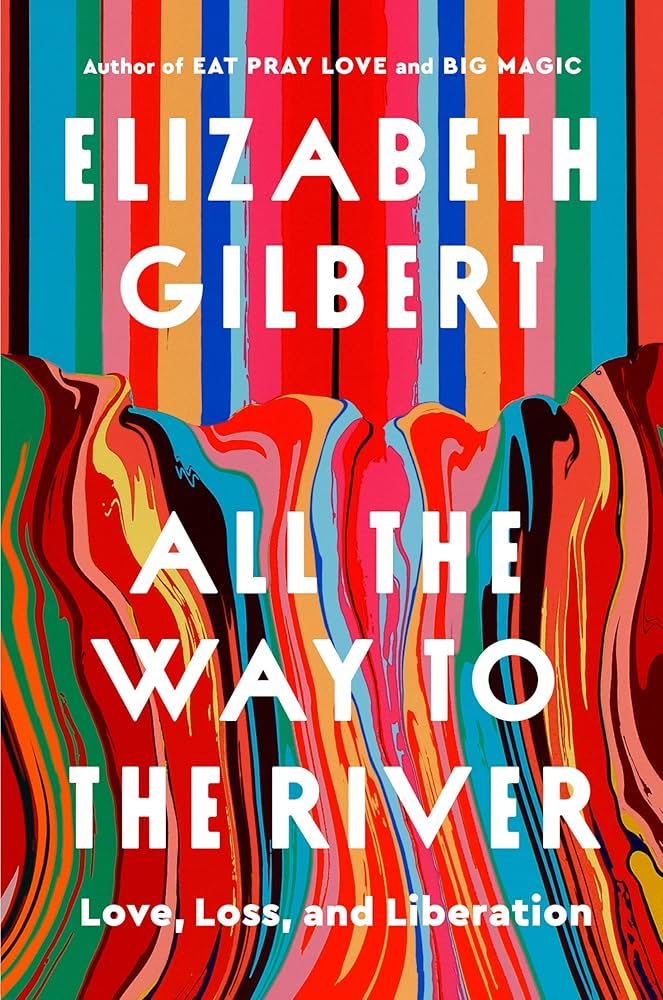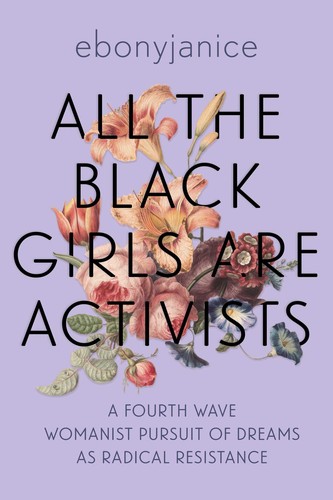Osa Atoe commented on A Two-Spirit Journey by Ma-Nee Chacaby (Critical Studies in Native History, #18)
It's been a fascinating but difficult read at times. Seeing the world from the perspective of a young First Nation's child in 1950s and 60s rural Canada is interesting, but the abuse and violence is terribly upsetting.
It seems that Chacaby's two-spirit nature was noticed and honored by those who loved her before she had words for it. Her grandmother and a few other relatives know she is different and her uncle even taught her skills that are traditionally taught to boys. It's quite different than how most people love their children, often projecting their desires onto them instead of loving them for who they are.
I'm excited to move on to the part of the book where Ma-Nee claims their power, not only by owning their identity but through becoming a force in the LGBTQ community.
It's been a fascinating but difficult read at times. Seeing the world from the perspective of a young First Nation's child in 1950s and 60s rural Canada is interesting, but the abuse and violence is terribly upsetting.
It seems that Chacaby's two-spirit nature was noticed and honored by those who loved her before she had words for it. Her grandmother and a few other relatives know she is different and her uncle even taught her skills that are traditionally taught to boys. It's quite different than how most people love their children, often projecting their desires onto them instead of loving them for who they are.
I'm excited to move on to the part of the book where Ma-Nee claims their power, not only by owning their identity but through becoming a force in the LGBTQ community.











